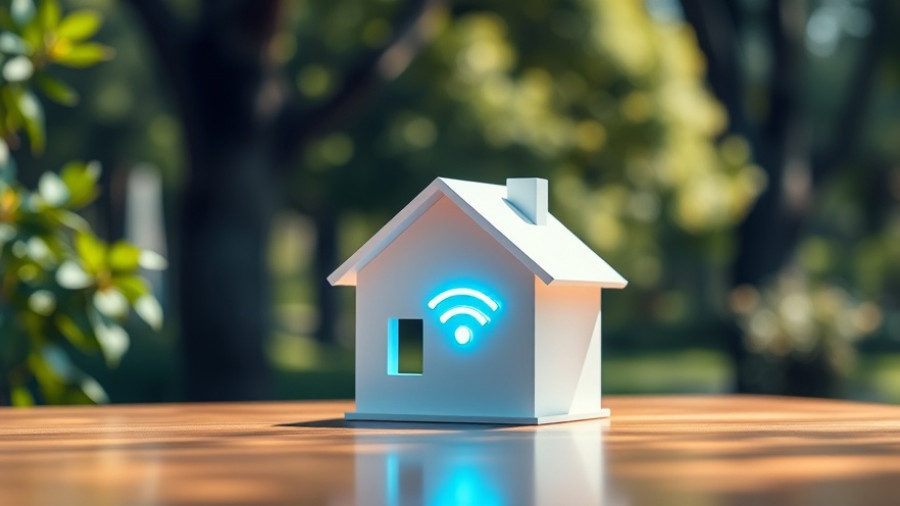
Why Local Control is Essential for Smart Homes
If you've ever faced a frustrating moment when asking Alexa to turn on your lights, only to discover that your smart home devices are unresponsive due to an internet outage, you're not alone. Recent issues with major internet services, particularly Amazon Web Services (AWS), have highlighted just how vulnerable our reliance on cloud technology can be.
The Internet is Notoriously Unreliable
In 2025, the tech community faced several significant outages, most notably when AWS went down, impacting millions of users and countless online services. From collaborative platforms like Asana to popular games like Fortnite, everything came to a standstill. This reality serves as a stark reminder that despite boasting impressive uptime statistics, the internet still falters when it matters most. When platforms we depend on fail, the consequences ripple throughout our daily lives. For businesses, continued reliance on these services can lead to lost productivity and revenue.
The Case for Local Smart Home Control
In light of frequent outages, the standpoint shifts towards locally-controlled smart home devices. Unlike devices that require cloud processing, locally-controlled systems function seamlessly even during connectivity issues. By cutting out the cloud middleman, commands sent directly from your device to your smart home appliances ensure their operation remains reliable irrespective of internet conditions.
Platforms like Home Assistant empower users to take back control, creating a more stable and private home automation environment. As more businesses and individuals consider the implications of digital outages, migrating to locally-focused systems presents a smart strategy.
The Advantages of Local Operation
Implementing local control not only enhances dependability—it also dramatically improves response times for smart home devices. For instance, turning on a light connected to a cloud service may take several seconds due to delays in communication, while locally controlled devices respond almost instantly. Moreover, local setups help protect sensitive data by minimizing the need for external communication.
Future-Proofing Your Smart Home
In addition to being more reliable and secure, local control also enhances the longevity of smart devices. As cloud services evolve, they often change or remove features, leaving users in the lurch. Opting for local solutions places the control back in the hands of the user, ensuring that as technology continues to advance, you can adapt your system without vendor constraints.
Final Thoughts
Considering the unpredictable nature of internet connectivity, hands-on business owners and managers must contemplate the balance between convenience and control in their smart homes. Adopting local control solutions not only safeguards against outages but also fosters a more robust and privacy-conscious system. The future is indeed smart, but it must also be local.
Are you ready to rethink your smart home reliance? Start today by exploring local control solutions to ensure your operations run smoothly, regardless of internet reliability.
 Add Row
Add Row  Add
Add 










Write A Comment